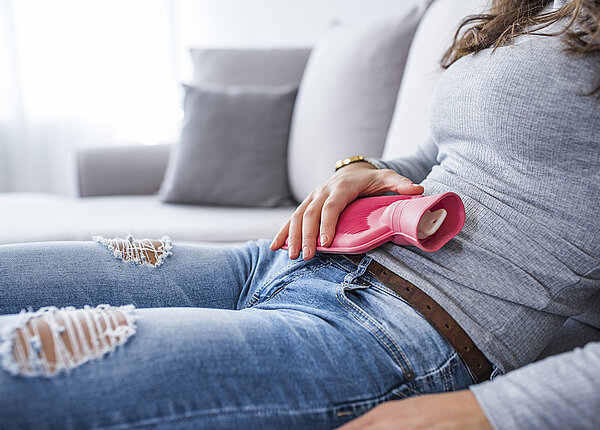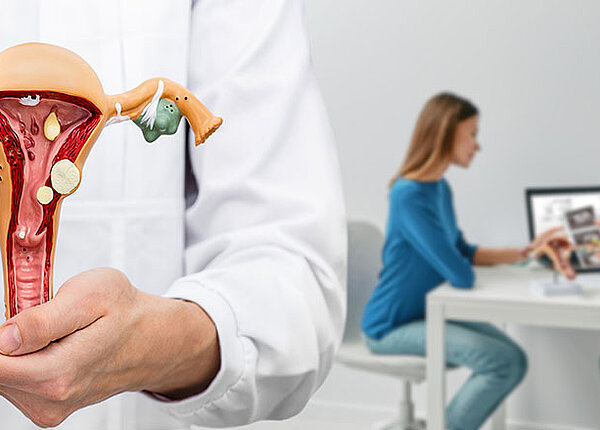English for PTA
MOTION SICKNESS
Seite 1/1 3 Minuten
There are many hypotheses on why motion sickness occurs. The most popular theory is that, while travelling, there is a difference between what is seen and what is felt. This leads to false signals being sent to the brain: the vestibular system in the ear, which is involved in balance, sends conflicting information to that which is visually perceived. This “disagreement” then leads the brain to trigger nausea and vomiting, which are the two main symptoms in motion sickness …
Pharmacy customer: Good morning.
PTA: Good morning.
Can you recommend medication for travel sickness?
Certainly. Is it for yourself?
No, it’s for my son Alexander. We are going away for the long weekend in a few weeks and he usually gets sick even on the shortest trips. A friend recommended giving him an antihistamine. The antihistamine that I used didn’t seem to help much.
It probably wouldn’t have as the antihistamine needs to be a specific type. How old is your son?
He’s twelve and although he’s very sporty he loves reading.
Does he read in the car?
Yes, sometimes. Why?
Well there are some theories where the cause of travel sickness is the difference between what we see and what the organs of balance in the inner ear feel. This conflicting information then causes the brain to assume that, because of the mixed information, we are hallucinating. This in turn causes the brain to believe that we have poison in our system which triggers the gag reflex.
So what can I do?
One of the best OTC products for travel sickness is dimenhydrinate.
What does it do?
It is an antiemetic antihistamine which is specifically for the prevention of nausea. So there is no danger of vomiting occurring in the first place.
Are there any side effects? I’m not really fond of giving children medication unless it is necessary.
One of the main side effects is drowsiness. Others include headaches, nausea and cardiac arrhythmia. But I haven’t heard of any of these happening with any of the customers who have used this. Aside from the drowsiness that is.
Oh, that’s good, isn’t it? I mean if he’s knocked out there probably won’t be any problems, will there?
Of course! Is there anything else that you can recommend? The best thing is not too eat anything too spicy or fatty before starting the journey. And if you have to take a break for something to eat, I recommend a light meal with maybe dry crackers and non-fizzy, non-acidic drinks or just water. The less his stomach has to do the better it is for him.
Okay! I’ll remember that.
So, here is the medication. We have it in tablet form and as suppositories.
I think he’s old enough to take the tablets. He’d probably be very insulted if I told him that I was going to use a suppository!
Make sure that he takes it about 30 minutes to one hour before you start the journey.
I thank you. Goodbye!
Bye!
Vocabulary
kinetosis Kinetose
occurs geschieht, kommt vor
disagreement Unterschied
perceptions Wahrnehmungen
vestibular system Gleichgewichtsorgan
nausea Übelkeit, Brechreiz
vomiting Erbrechen
gag reflex Würgreflex
antiemetic brechreizhemmend
fond of mögen
drowsiness Schläfrigkeit
cardica arrhythmia Herzrhythmusstörungen
stomach Magen
suppositories Zäpfchen
insulted beleidigt
Den Artikel finden Sie auch in Die PTA IN DER APOTHEKE 06/14 auf Seite 66.
Catherine Croghan, Lecturer in English and native speaker












